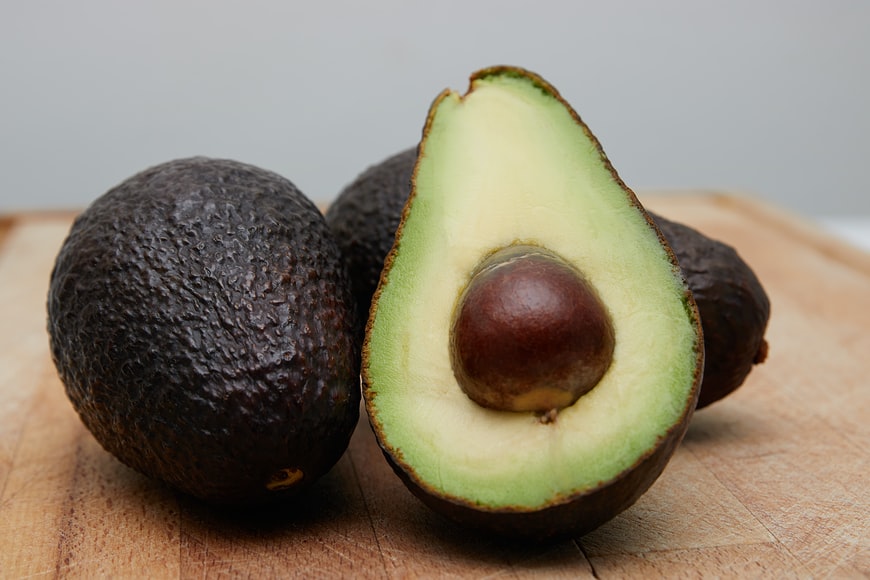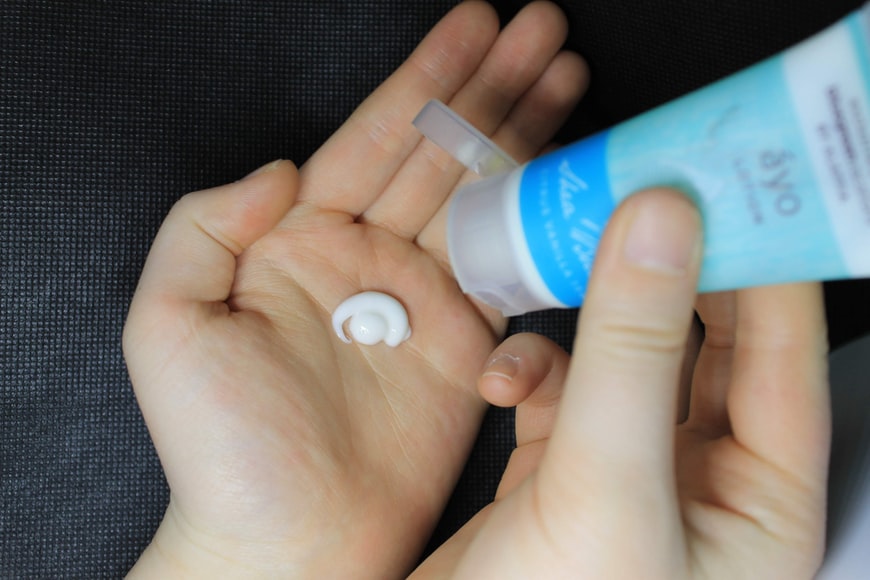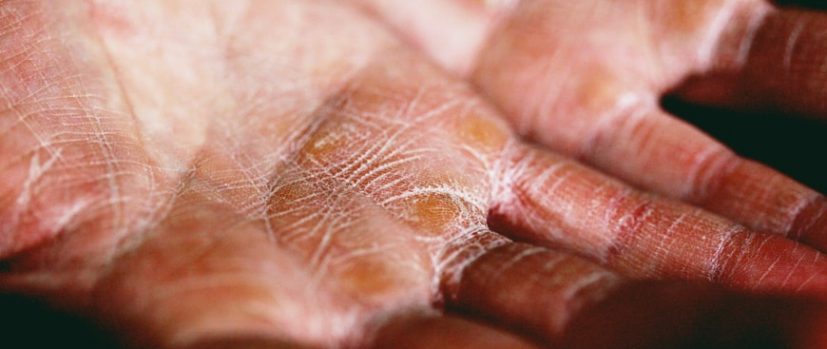8 Care Tips For Dry Skin
Winter is coming. Dubbed by many as the most wonderful season of the year, it may not be as good for your skin though. Your skin may experience redness, flakiness, and itchiness throughout the entire winter months. But why does this happen?
As the temperature drops, the humidity levels also drop. This may wipe out moisture from your skin, causing dryness. You may want to stay close to your fireplace to stay warm, but this isn’t a good idea as well. Because of the heat, it releases which causes the air to dry, it’ll be difficult for your skin to stay hydrated and healthy during this season. Instead of this, you can use plant-based soaps which are gentle and nourishing for the skin,
Winter is the exact opposite of summer, not only in temperature but also in how they affect a person’s skin. Also, if you’re prone to skin conditions, such as psoriasis, dermatitis, or eczema, you may want to keep an eye on them as they may worsen during the latter parts of the year.
On the other hand, don’t forget that you may experience dry skin whether it’s winter or not. So, it’s important to take extra measures.
Follow these basic tips to ensure well-hydrated and healthy skin all year round, especially during the long winter period:
1. Believe In The Power Of Humidifier
Dry air occurs when the humidity of an environment is too low. This may cause the moisture from the skin to evaporate and cause dry and flaky skin. Investing in a humidifier can address the presence of dry air. It can help restore and balance the humidity present in an environment, lowering the chance for dry air to occur.
A humidifier’s job is to retain the moisture from your skin so that it won’t crack, flake, or itch. Other conditions, such as cracked lips, allergies, and frizzy hair, may be improved with the help of a humidifier.
However, a humidifier shouldn’t entirely replace your skincare routine. It’s still better to stick with your favorite moisturizers and other products to help dry skin.
2. Cover Your Skin Out In The Cold

Cold weather may not only cause your skin to be dry, but also other harsh skin conditions such as frostbite, eczema, or psoriasis. So, it’s important to hide your skin under thick clothing. You may use scarves, coats, and jackets, or gloves.
Also, just a tip, opt for materials made in cotton. Products made with synthetic fibers may cause skin irritations if you’re not used to them.
3. Limit Your Daily Baths
Consistent baths are believed to be not good for your skin, especially if you’re using hot water to keep you warm during harsh winter. Long baths may diminish your skin’s lipid layer which in turn may result in dry skin.
Hot water may only worsen your skin by drying and irritating it. It damages the cells on the outermost layer of your skin. Hence, locking your skin from moisture to enter and leave your skin dry.
Moreover, use lukewarm water instead of piping hot showers. Take shorter baths too. Also, after taking a bath, apply cream and balm while the skin is still damp for maximum absorption.
4. Eat Good Food

According to experts, increasing fat intake may help your skin retain its moisture and address dry skin. But only eat food with good fats. What are those? Those are salmon with omega-3 fatty acids, avocados, coconut oil, and olive oil. But don’t substitute them for a skincare routine.
While that may seem good news, the bad news is to limit your intake of wine and caffeine-containing products. They may only cause your skin to be dry. Drink water instead. They’re safe for your skin and as long as it’s clean, you’ll have no problem.
5. Exfoliate Your Skin
Exfoliating can help eliminate the top layer of dead skin cells and expose your fresh and healthy-looking skin. But be careful not to over-exfoliate for it may result in other skin components being removed unnecessarily.
Exfoliation can be mechanical or chemical. Mechanical exfoliation uses materials such as scrubs, brushes, or sponges. Be careful not to scrub your skin too much. On the other hand, chemical exfoliation uses skincare products with exfoliating ingredients like alpha-hydroxy acids (AHA) and beta-hydroxy acids (BHA).
Opt for products with a proper amount of AHA and BHA for lighter exfoliation such as glycolic acid, lactic acid, or salicylic acid as you ready your skin for moisturizers and serums.
Also, avoid exfoliation if you’re using acne medications or products with retinol or benzoyl peroxide to prevent your condition from worsening and having breakouts.
6. Use Good Moisturizers

Moisturizers are a must-have if you have dry skin or if you want to prevent it.
A good quality moisturizer will help repair and soothe your dry, flaky, and itchy skin. It also helps maintain and protect your skin’s barrier from being damaged caused by environmental factors. Apply moisturizer every after bath to prevent the moisture on your skin from evaporating.
7. Use Skincare Products With The Right Ingredients
Avoid ingredients that can be harsh from your skin and may worsen your current condition. These can be commonly found on your acne medications and anti-aging serums such as retinol. Retinol has a side effect that may cause your skin to dry.
Besides, using products with proper active ingredients such as ceramides and hyaluronic acid may help in addressing skin dryness. These ingredients retain moisture by building a barrier within your skin. An adequate intake of probiotic and prebiotic-rich foods may help increase your body’s production of ceramides and balance your skin’s acidity.
8. Protect Your Hands

The hands are believed to be one of the most useful but unprotected parts of the body. Treat your hands with products with moisturizing ingredients like glycerin and chamomile. These ingredients will help attract water and create a protective shield to keep that moisture locked from your hands. They have anti-inflammatory and anti-itch properties suitable for those with eczema as well.
Final Words
Dry skin may occur to anyone, any skin type, and may happen at any time of the year. Skin is the largest organ of the body. So, it’s only essential to take care of it. Use the tips mentioned above to your advantage and treat your skin the best way possible, especially during winter.
If you’re condition worsens and these tips are not helping it, consult your dermatologist right away. You may be suffering from a medical condition in need of professional treatment.
Read Also:








